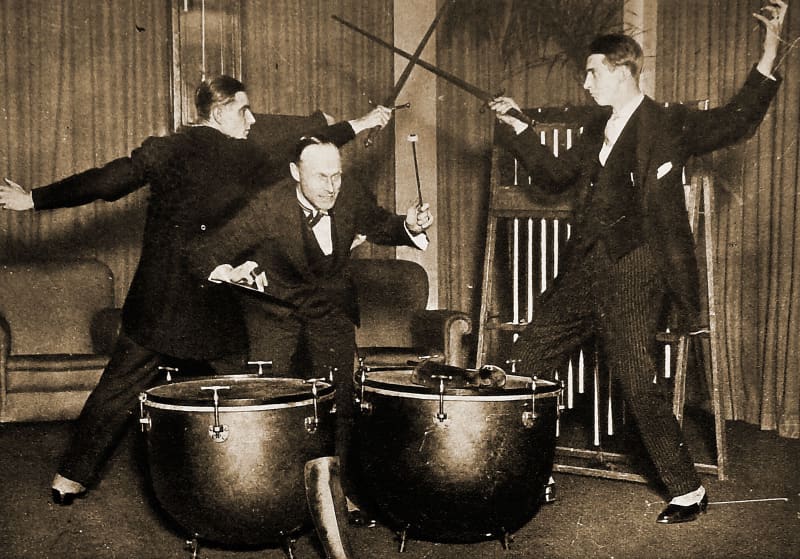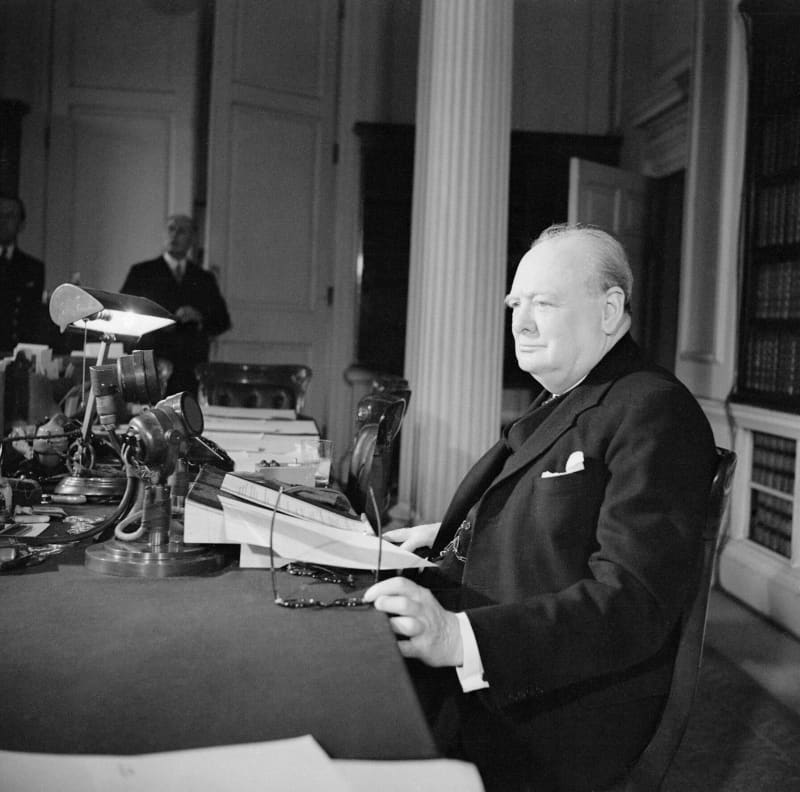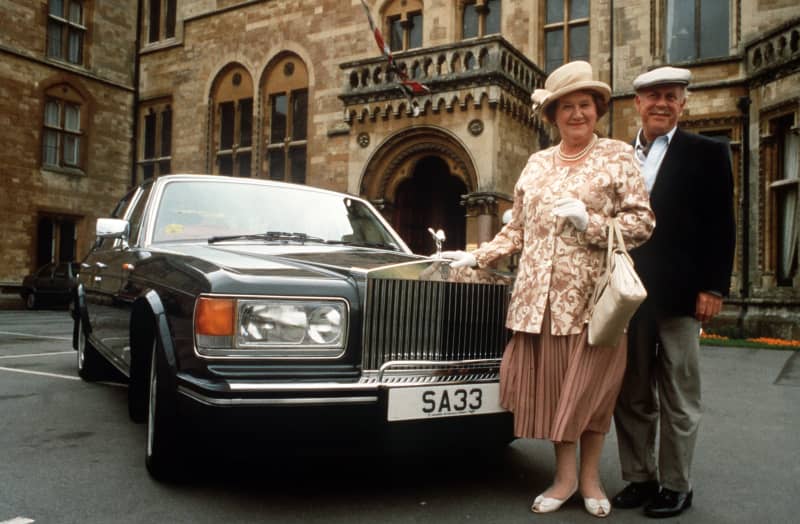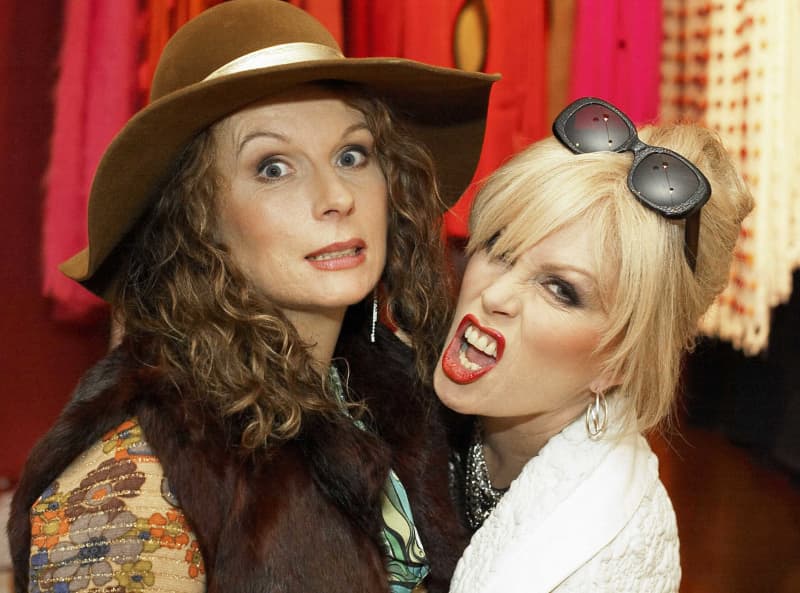The British Broadcasting Corporation (BBC), Britain’s public service broadcaster, turns 100 today.
The BBC is considered to have begun on 18 October 1922, when the British Broadcasting Company Ltd, then known as the British Broadcasting Company Ltd, created by the British General Post Office, began broadcasting. Television broadcasting began in 1932.
Today, the BBC is the world’s largest public service broadcaster. It employs more than 20 000 people and, for example, last year had a budget of £5.3 billion, or more than €6 billion. The BBC is funded mainly by the licence fee, which is £159, or €183 a year. Following a change in the year before last, pensioners aged over 75 are no longer charged.
The company also generates income from its commercial activities, which are handled by its subsidiary BBC Studios. Its activities include the commercial exploitation of BBC programmes and properties.
During the week, the BBC reaches 90 percent of the British, which means that it is still the number one media in the country. The BBC is also popular among young people: every week it reaches 74 percent of Britons under the age of 16. The amount is higher than, for example, Netflix or Disney, but lower than Youtube.
According to the company’s own announcement, it reaches more than 500 million people during the week.
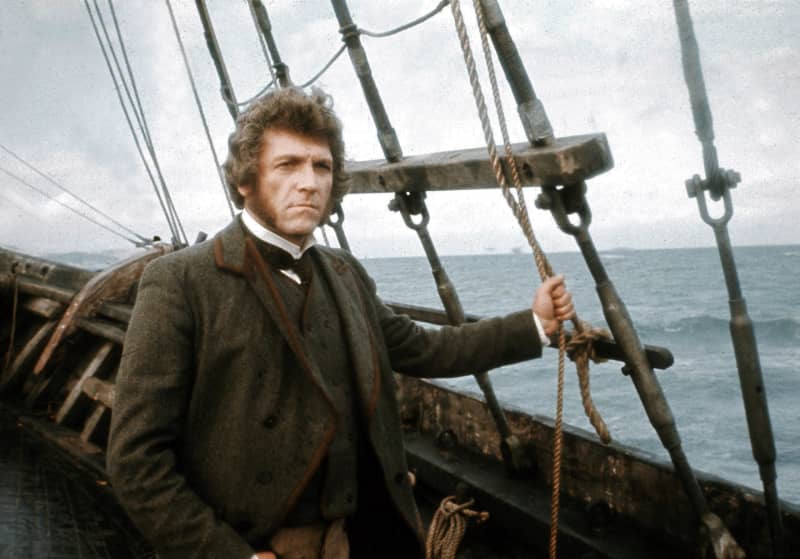
Spade Keeps and Really Great: the BBC is home to quality series
The BBC is known not only for perhaps the world’s most extensive news activities, but also for its high-quality television series. The company has produced numerous classics that are familiar and loved even by Finns.

